Every year, fourteen million tons of trash end up in the oceans. Adding on to the already existing thirty trillion pieces of plastic waste found in the oceans, plastic pollution found in water stems as a big problem that humans face today.
Even in Iowa’s Mississippi River, billions of plastics flow through each day. Junior Ameya Taralker reflects on his experiences as he passes the I-80 bridge to get to Illinois. “Every time I go on the bridge, I always see some sort of trash floating in the river. It is kind of concerning since I know plastic pollution plays such a big part in water pollution,” Taralker stated.
What if there was a way to absorb these plastics as they flow to resolve this issue?
Now, this solution may be present, as scientists have developed a plastic-absorbing sponge that can pick up microplastics present in the ocean. This sponge can absorb up to 90% of microplastics found in small rivers and tap faucets.
“When I first heard about this sponge, I laughed because no way did I ever think that something as simple as a sponge would fix plastic pollution. Now, I really think that this could be used in so many different ways which would make water safer to drink and also help other causes such as marine life,” Taralker explained.
However, this sponge has the potential to be manipulated in shape and size, making it valuable in future environmental goals such as reducing plastic pollution. Due to its flexibility of uses, it can be adapted into many different circumstances.
If managed properly, cities and states around the United States can add these sponges and related systems to their respective bodies of water to ultimately filter out the plastic pollution.
Junior Prajay Gutti has high hopes for this new filtration sponge. “I think it could really change up the percent of plastic that ends up in oceans and if it is deployed around the U.S., it could really help,” Gutti shared.
Scientists predict that this new technology has the potential to develop into something more, such as a fully developed filtration system that is more widely available and more widely used. In order to do so, there will most likely be two different pathways to implement this into today’s society: business or government order.
In the case of business, a company could further develop this device and sell it to people for household usage or to freshen up any bodies of water they might own. In the case of government order, it would be required that cities and states that border large bodies of water apply these concepts so that the water would be further filtered.
Although this sponge has the potential to save much of the marine life present in these bodies of water, many questions come to play. One of the biggest doubts is whether this product will be cost-effective during future development.
Since the size and filtration must be manipulated to account for bigger water bodies such as rivers or oceans, there is a doubt on whether it would be wise to invest in a sponge to clean up plastics compared to other filtration systems.
However, the overall benefits of this new sponge outweigh the drawbacks due to its usage in many different ways. Even in a scenario where the sponge doesn’t work with other amounts of water, the overall concept is still present, allowing future scientists to revamp the already existing technology to account for the bigger bodies of water.








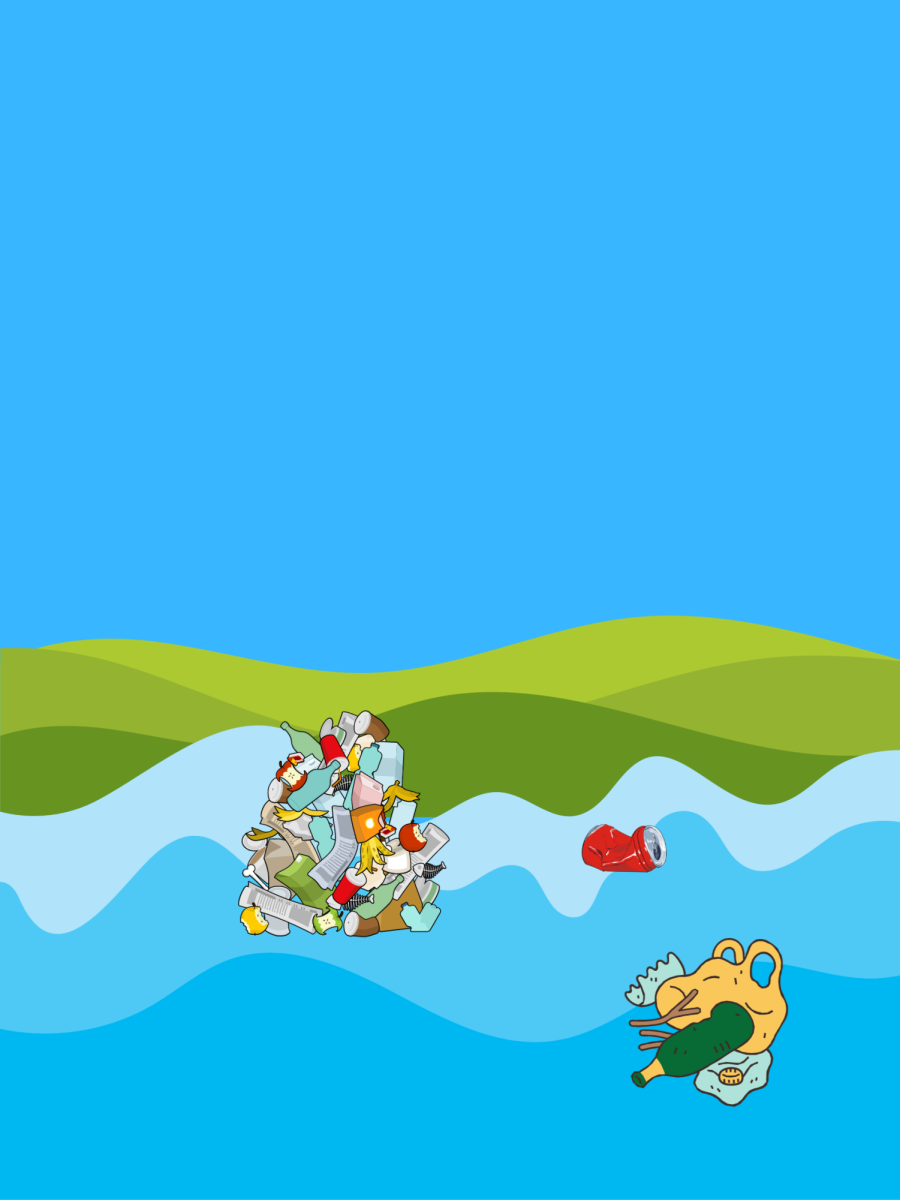
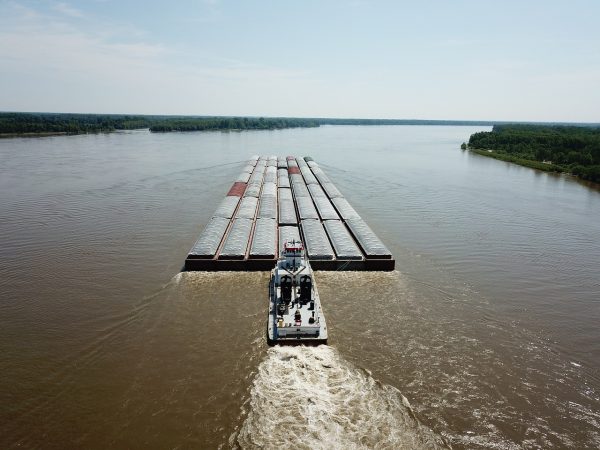
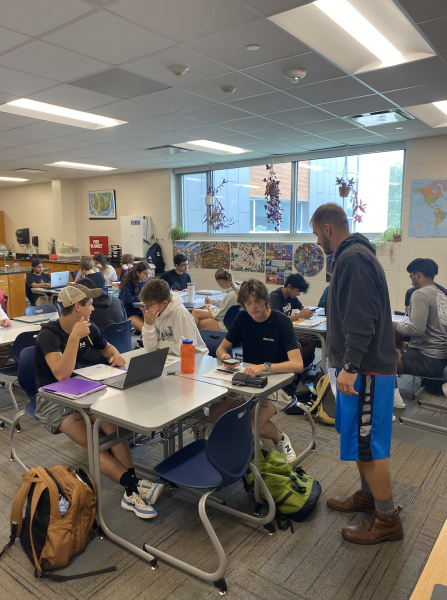


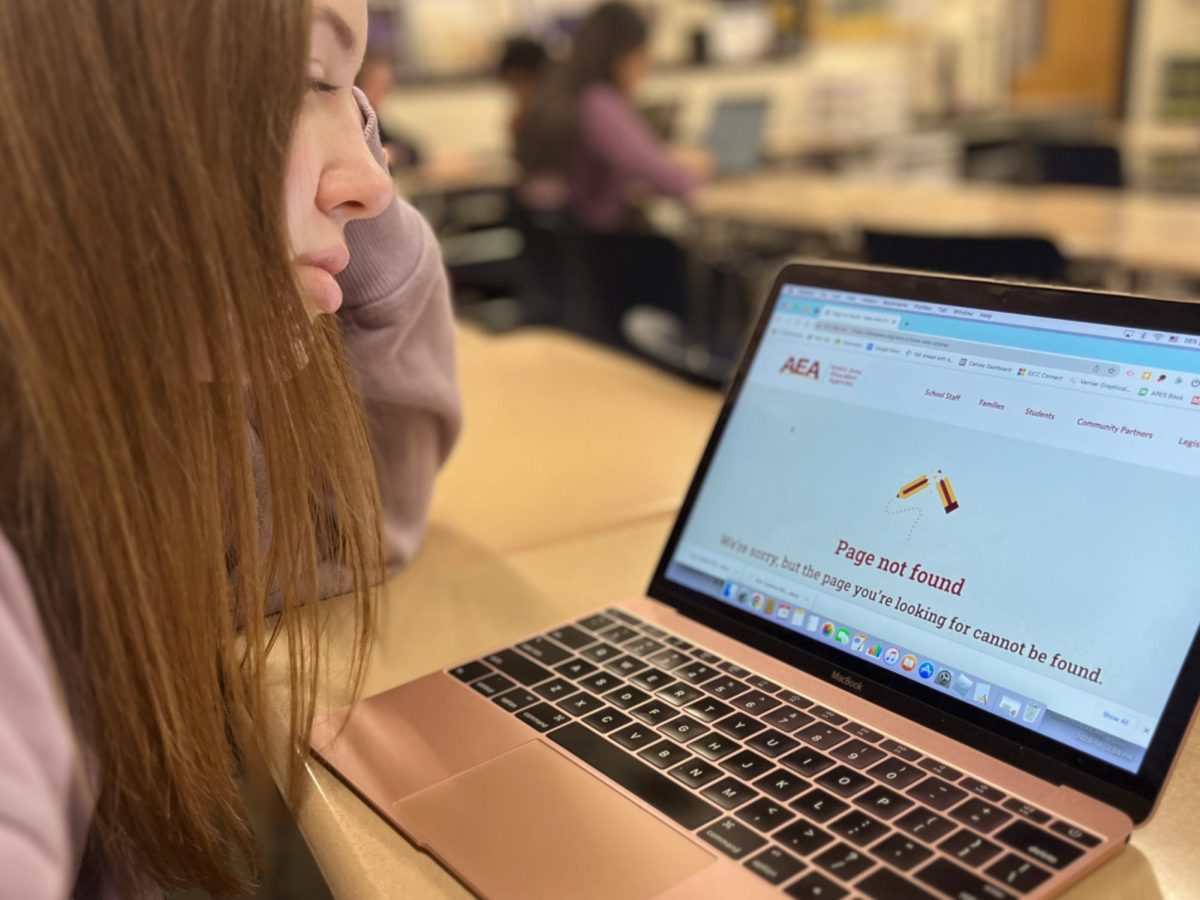

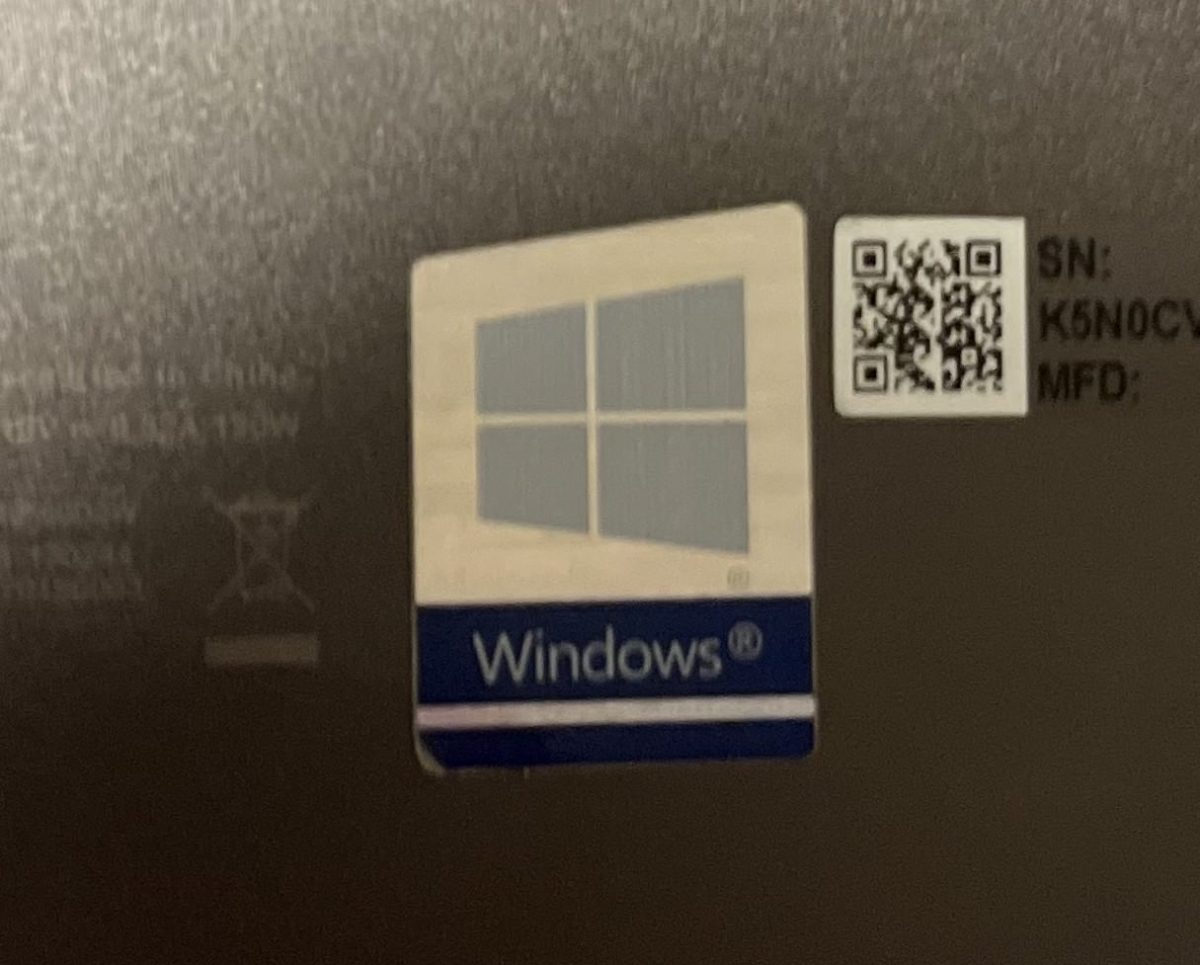


Srujan Nuthula • Dec 17, 2023 at 10:09 pm
I think that this can definitely help clear the 14 million tons of trash that ends up in our oceans yearly.